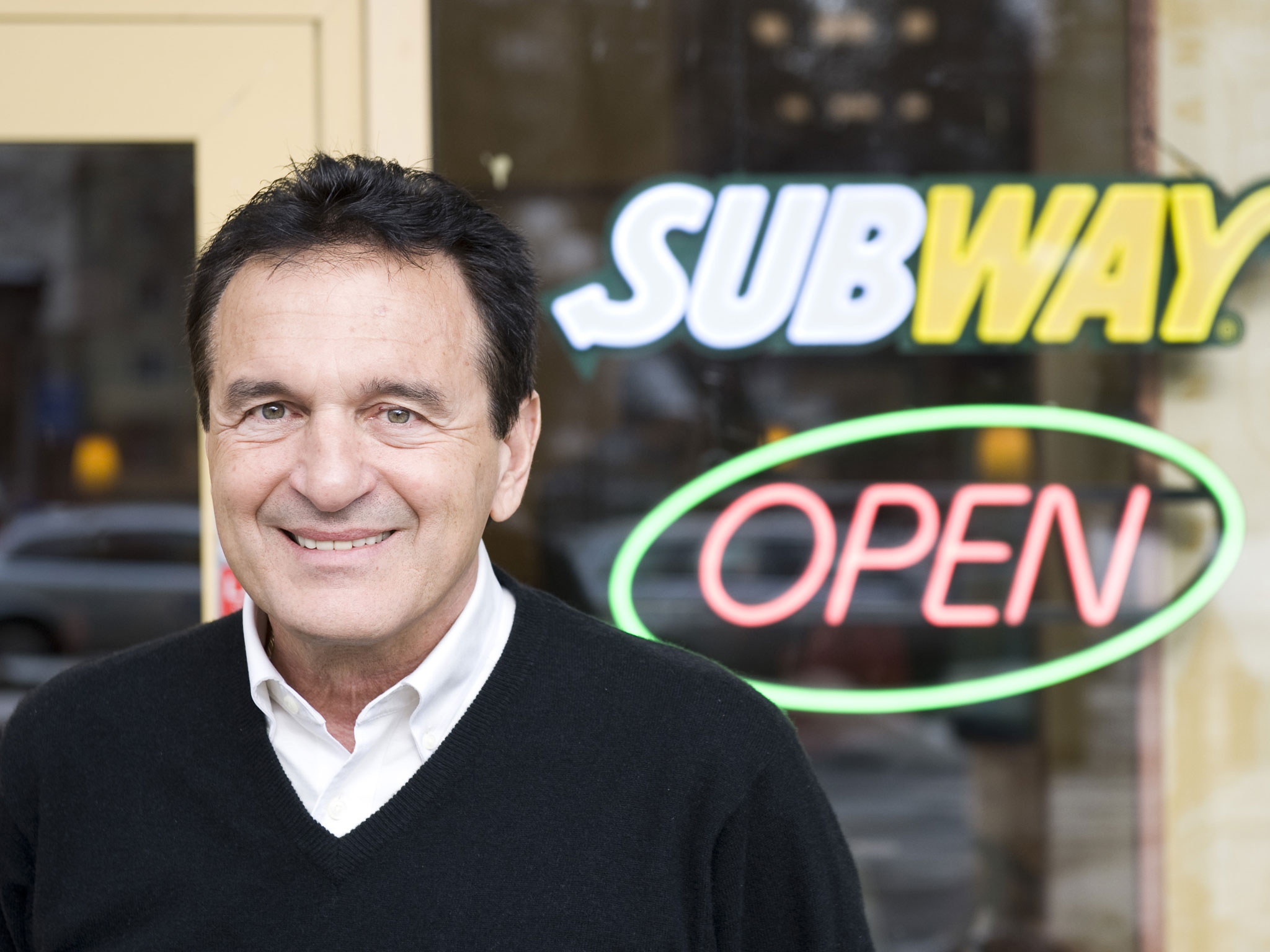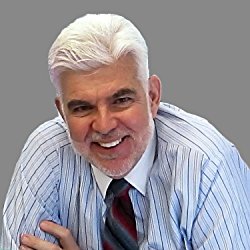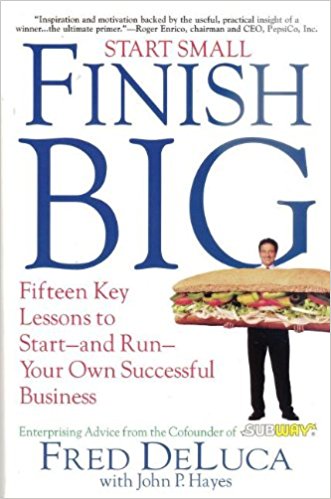Start Small, Finish Big Summary
5 min read ⌚
 Fifteen Key Lessons to Start – and Run – Your Own Successful Business
Fifteen Key Lessons to Start – and Run – Your Own Successful Business
Do you wonder if you can start a business even though you do not have many funding options? Have you ever wondered how some of the big names out there made it?
Then, you are in the right place.
In the “Start Small, Finish Big” summary, we will summarize Fred DeLuca’s book which talks about fifteen principles of success, which anyone can use to start a successful business.
Let’s start.
Who Should Read “Start Small, Finish Big”? and Why?
In “Start Small, Finish Big,” the co-founder of the Subway submarine sandwich chain, Fred DeLuca depicts his experience and the experiences of 21 different business visionaries who transformed independent ventures into large organizations.
He refers to 15 achievement principles while utilizing intriguing “How I did it” stories from business people to delineate them.
Having in mind that it is mainly a book consisted of cases and success stories, we recommend it not as a practical business manual, but rather as an intriguing of stories about how a couple of entrepreneurs made it to the top. It is an excellent read for anyone that searches for a little boost of motivation.
About Fred DeLuca and John P. Hayes
 Fred DeLuca is the president of Subway ever since 1965 when made the very first Subway sandwich. Around 30 years later, he established the nonprofit organization Micro Investment Lending Enterprise, designed to provide microloans for new entrepreneurs.
Fred DeLuca is the president of Subway ever since 1965 when made the very first Subway sandwich. Around 30 years later, he established the nonprofit organization Micro Investment Lending Enterprise, designed to provide microloans for new entrepreneurs.
 John P. Hayes is a public speaker, a writer, a marketing trainer for small business operators, and a business coach on various subjects including franchising.
John P. Hayes is a public speaker, a writer, a marketing trainer for small business operators, and a business coach on various subjects including franchising.
“Start Small Finish Big Summary”
The global business world offers a large number of cases of business people who began with little cash – $10,000 or less and ended up successful. These are called “microbusinesses, ” and the individuals who build them are called “microentrepreneurs.” The associations that loan finances to these organizations are “microlenders.”
In spite of the fact that these organizations might be little, they are incredibly significant to the economy. Some of the microentrepreneurs come from a business background, but most of them do not.
They vary in age, some start their business as a part-time venture, while they are employed full time, while some might be secondary school dropouts or school graduates. Formal education appears to have little effect on entrepreneurial achievement. Often microentrepreneurs begin in their homes, and they work alone.
So, what do you need to be a microentrepreneur?
Well, you need an idea, a minimal expenditure and, most the desire to begin. We further list the star-up principles you need to follow as an entrepreneur:
– Start small – Beginning small is superior to not kicking your business off in the first place.
– Learn to earn – Earning some money while you are young is an excellent practice and kicks you off figuring out how to procure.
– Begin with an idea – Ideas are all around you. Search for what should be enhanced or a void in the marketplace. By looking around, you will eventually find a worthy idea that can be developed into a business.
– Think like a visionary – Don’t just stop with the concept itself – look past it. Consider what your business can be, what value it can give to clients, and how it can help you financially.
– Keep the faith – Believe in yourself and your business notwithstanding other individuals who are doubtful.
– Get ready, aim, shoot – If you ponder what you need to do, you will not do it. You have to dive in, fire away, and begin.
– Make profits or die – Unfortunately, it is not difficult to make deals, yet not that easy to make a profit.
– Stay positive – Optimism will keep you moving past difficulties that may appear like impossible obstructions.
– Improve constantly
– Believe in your kin – If you do not bolster the people who work for you, they may take it out on your or your business.
– Maintain your money flow – To abstain from coming up short on cash, consider getting it before you have to so you will have capital.
– Introduce your products to new clients
– Be persevering – You may regularly feel the need to leave the business. Be that as it may, once you quit, you are out.
– Build a brand name – Branded items sell better than unbranded ones, and customers are ready to pay more for them.
– Seize the opportunity – You have to snatch your chance when it comes since opportunities wait for no one.
Next, we move on to the key lessons in the form of real cases that illustrate these principles at work.
Key Lessons from “Start Small, Finish Big”:
1. Hair Today
2. A Clean Vision
3. Talking The Way to the Top
Hair Today
The significance of starting out with an idea is represented by Tomina Edmark’s story. She concocted a plan for an inside-out braid clasp she named the Topsy Tail, which ladies can utilize it to form their hair in an assortment of styles without any difficulty. She sought after her thought until the point that it turned into a business achievement.
A Clean Vision
The idea of adopting the thought process of a visionary helped Jim Cavanaugh begin a little business cleaning organization and transform it into the world’s most prominent cleaning organization, Jani-King. In 1968, he started a friendship with the janitor who cleaned the Holiday Inn, and he began showcasing the janitor’s services for a commission. He felt there was a need for professionalism in the cleaning business and built up an establishment program for janitors.
Talking The Way to the Top
Motivational speaker Zig Ziglar exemplifies the rule of persistence. He fizzled 17 times before he prevailed in the matter of being an expert motivational speaker. He says that the one who put him on the track to progress was his supervisor amid the days when he was a sales representative for a cookware organization. The manager, P .C. Merrell, disclosed to Ziglar that he could wind up the organization’s national deals champion if he had faith in himself. With this motivation, Ziglar’s execution instantly shot up and he soon was setting records. He turned into the best salesperson nationally. At that point, he chose to become a full-time speaker. Although he approached bankruptcy, he was persistent, having a definite conviction that he would make it. Presently he acquires $50,000 for each talking engagement.
Like this summary? We’d Like to invite you to download our free 12 min app, for more amazing summaries and audiobooks.
“Start Small, Finish Big” Quotes
Knowing less and actually doing something is far better than knowing everything and never doing anything at all. Share on X
You only fail if you quit. Share on X
Starting small is better than never starting at all! Share on X
Opportunity waits for no one. Share on X
People who give up ultimately have to go back and start all over again. Never give up! Share on XOur Critical Review
While the book is an enjoyable read, the principles are familiar. The examples depict how entrepreneurs try different approaches, and finally find something that works. However, in the book, there are no lessons you can apply in practice, mainly because of the broadness of the guidelines. Still, it is a fascinating book, if you read it to motivate and entertain you.
Emir is the Head of Marketing at 12min. In his spare time, he loves to meditate and play soccer.


 Fifteen Key Lessons to Start – and Run – Your Own Successful Business
Fifteen Key Lessons to Start – and Run – Your Own Successful Business




